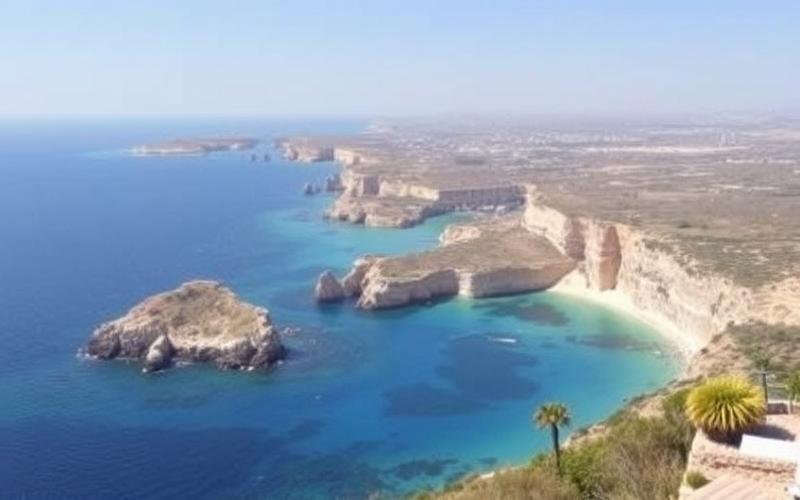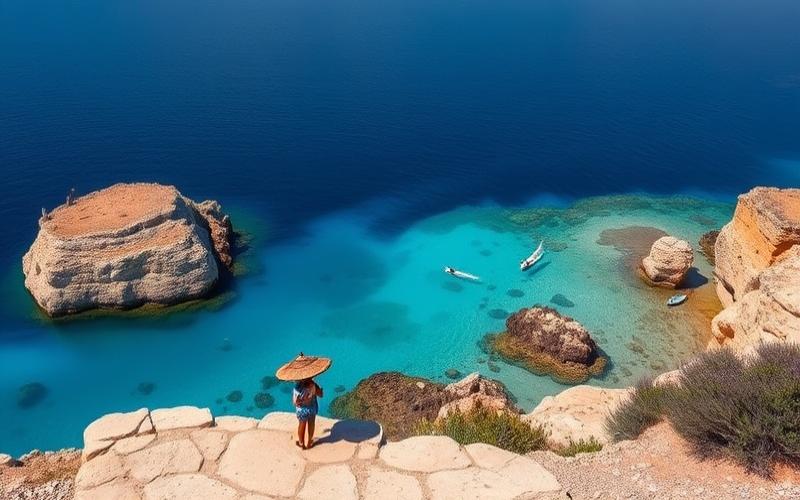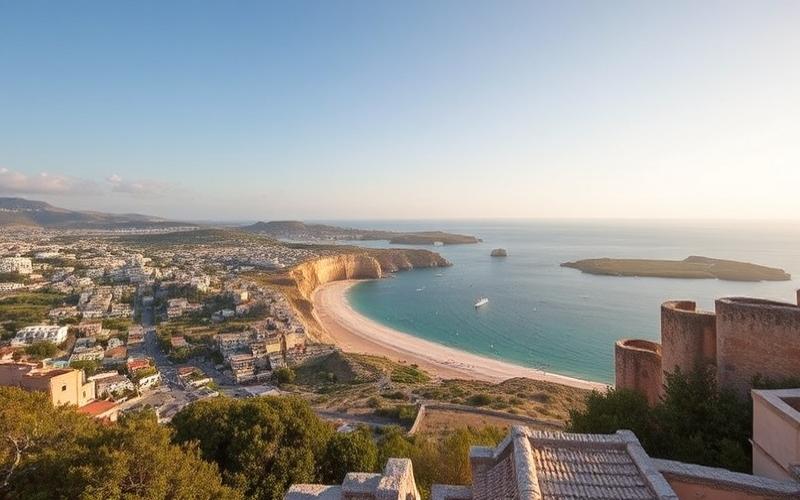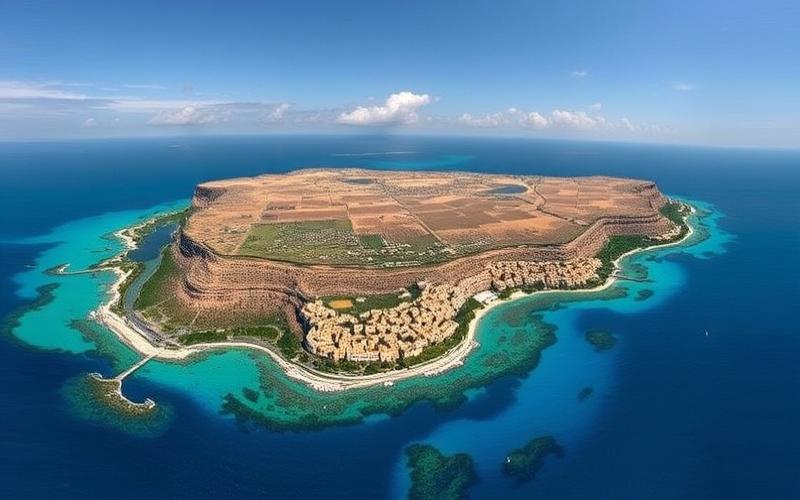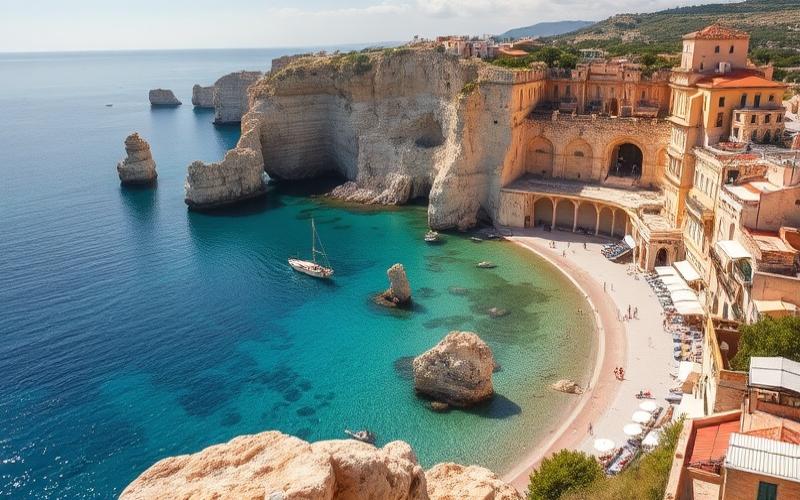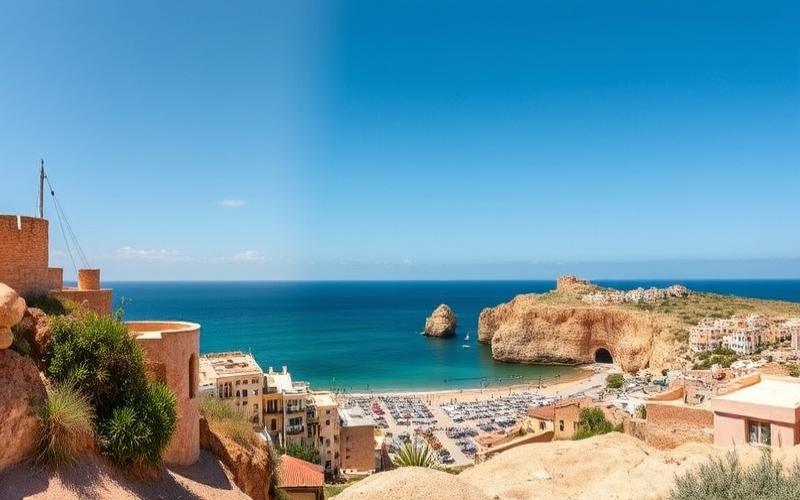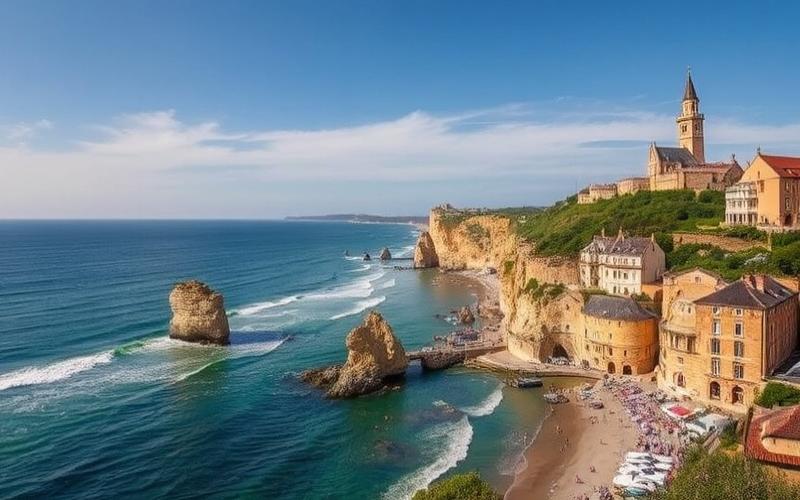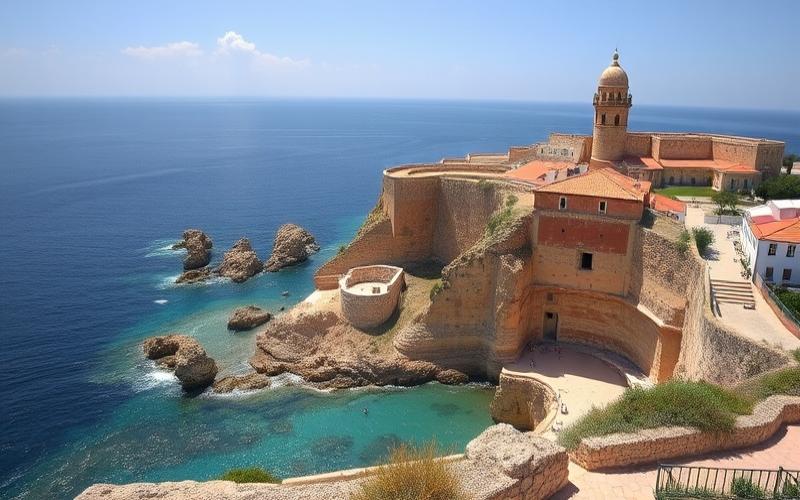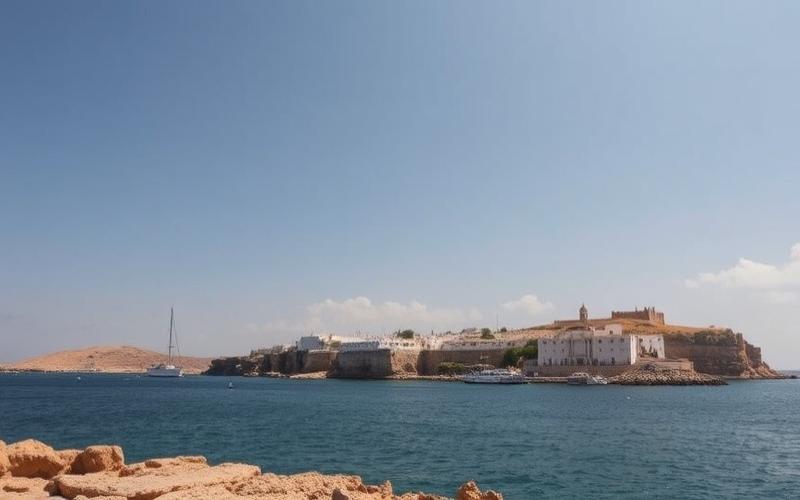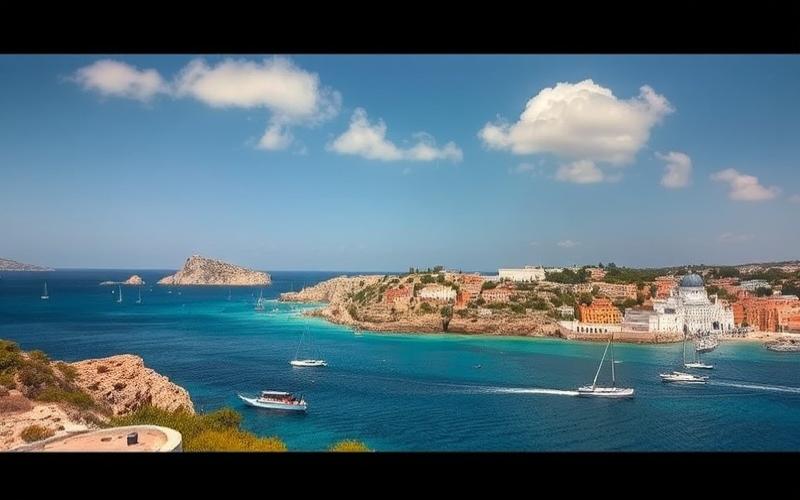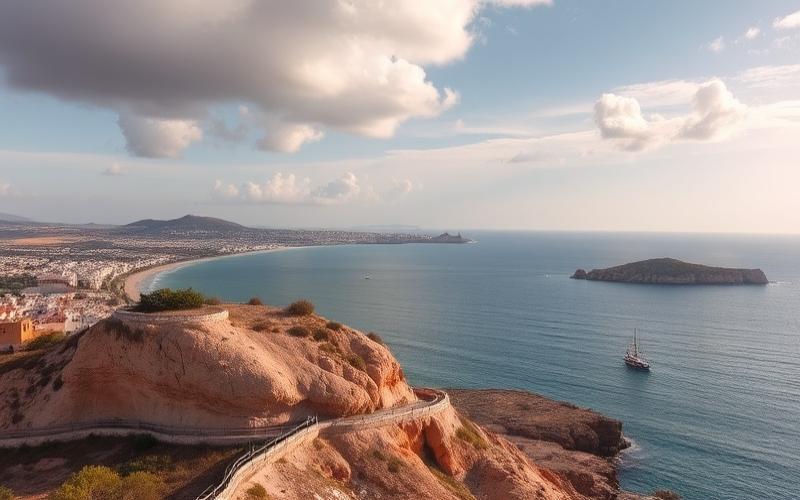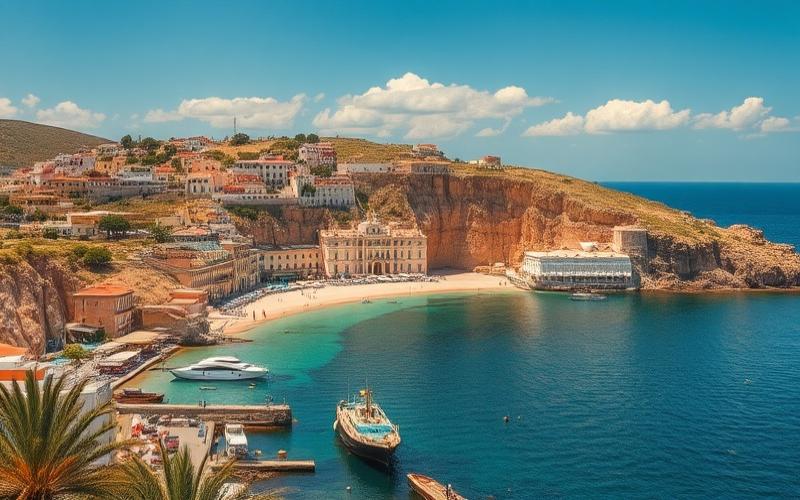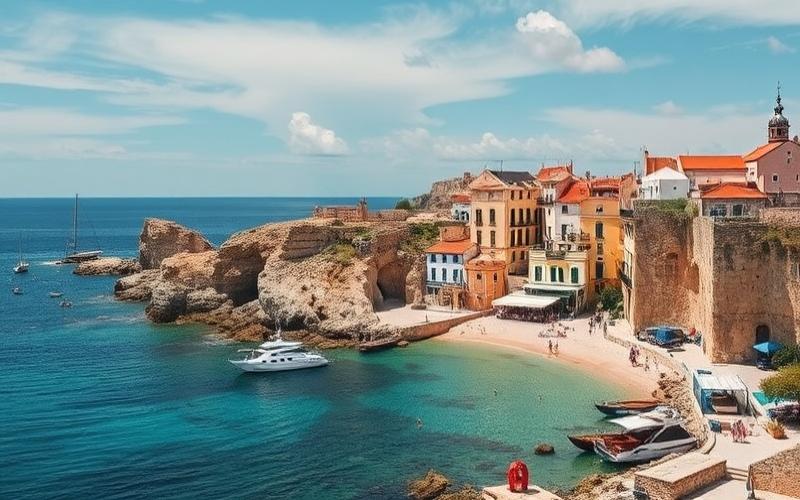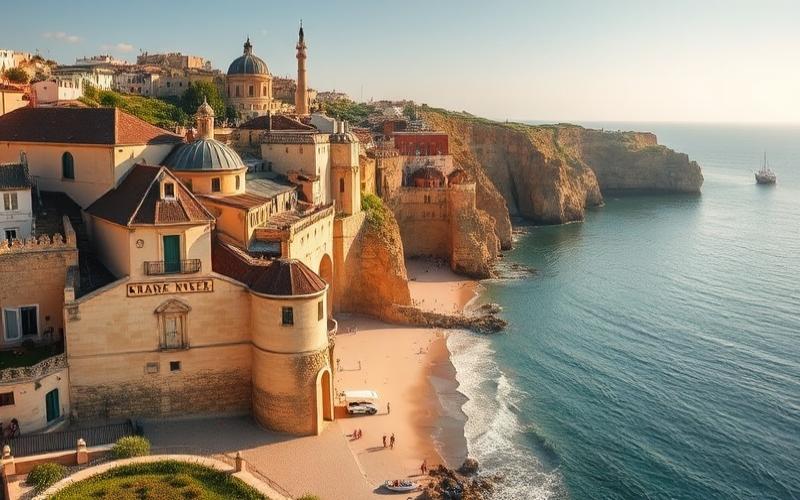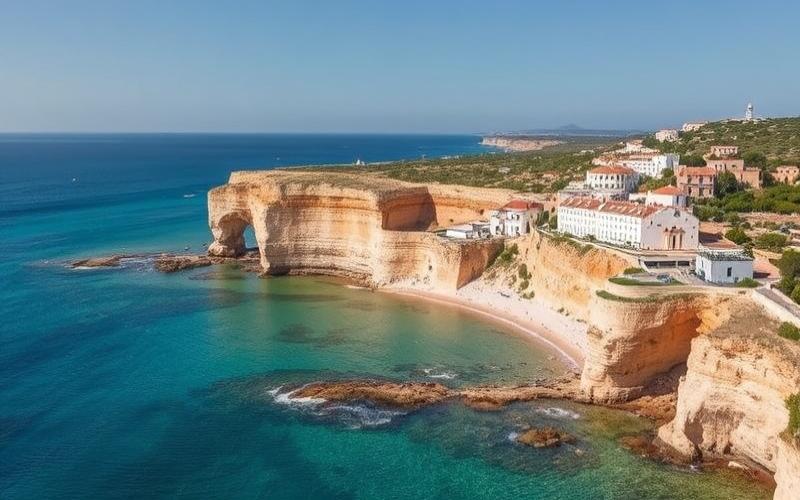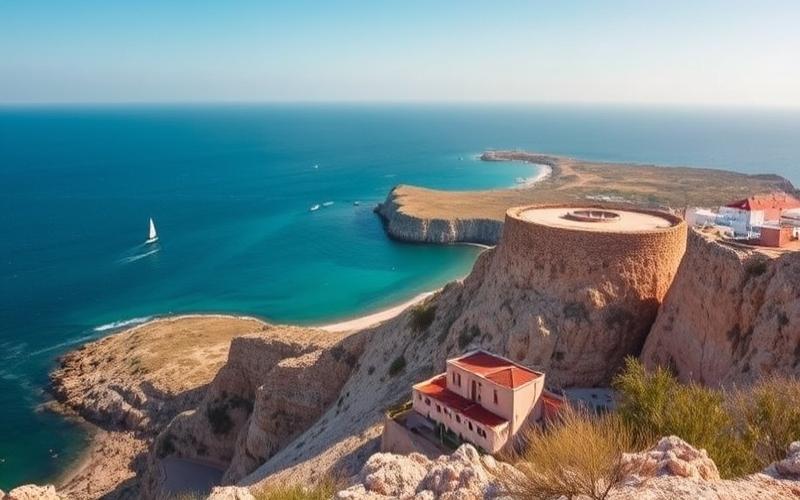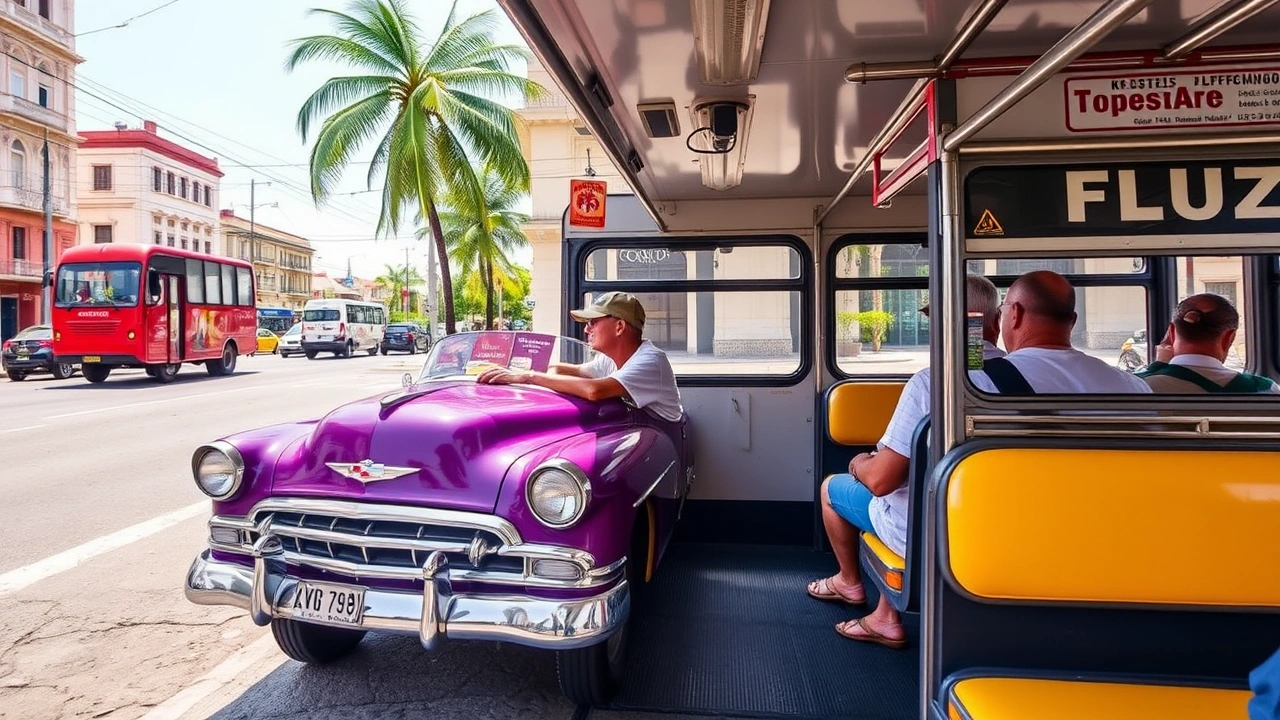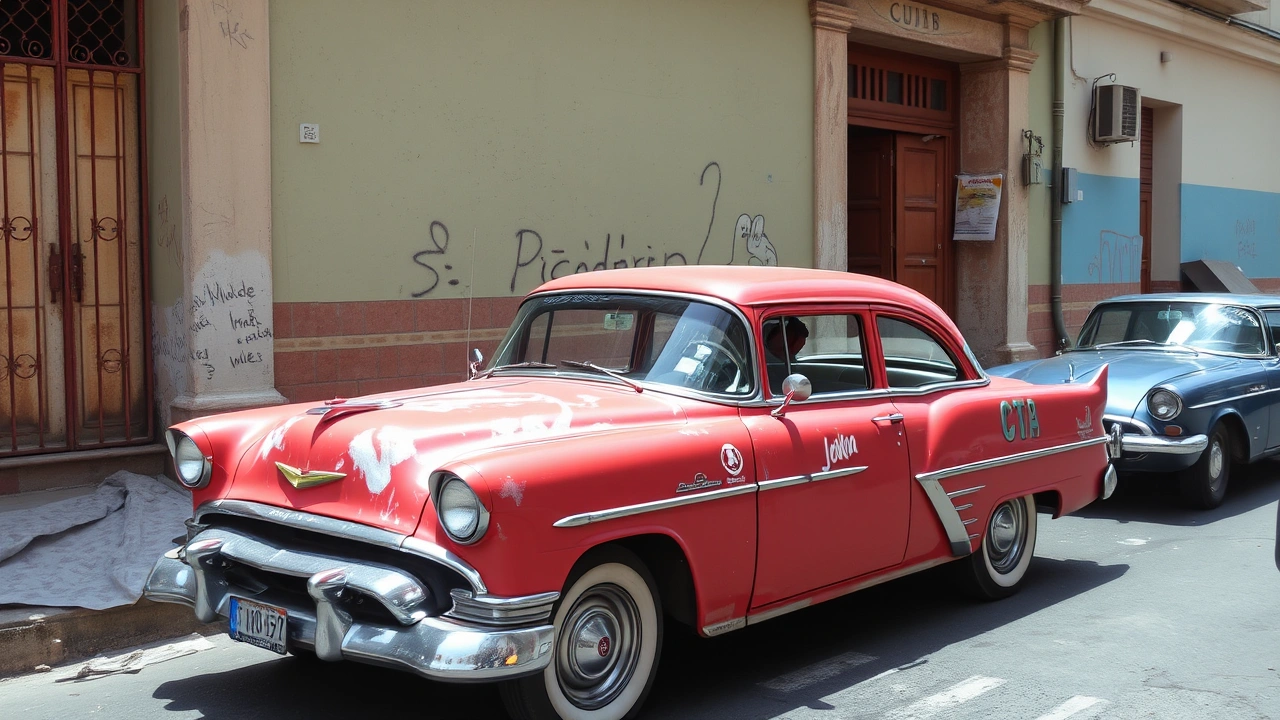
 Published on and written by Cyril Jarnias
Published on and written by Cyril Jarnias
Considering relocating to Malta? Here’s a comprehensive guide to safety in this small Mediterranean archipelago, with practical tips for a worry-free expatriate experience.
Malta, a Safe Haven for Expatriates
Good news for future expatriates: Malta is considered one of the safest destinations in Europe. The Maltese archipelago indeed boasts one of the lowest crime rates in the European Union, making it an ideal choice for settling down with peace of mind.
According to official statistics, Malta records only 17 crimes and offenses per 1,000 residents, compared to an EU average of 45 per 1,000. Violent crimes are very rare, and the vast majority of residents and visitors feel safe in their daily lives.
Several factors contribute to this safe environment:
- The reassuring presence of law enforcement, particularly visible in tourist areas
- A local population known for its warm and welcoming nature
- The country’s small size, which facilitates territorial control
- A peaceful and friendly Mediterranean culture
Thus, 3 out of 4 Maltese people report feeling safe when walking alone at night. A reassuring figure that reflects the tranquility prevailing throughout the archipelago.
Good to know:
Malta is regularly ranked among the top 20 safest countries in the world according to the Global Peace Index.
Stay Vigilant: Basic Precautions to Adopt
Although Malta is generally very safe, it’s wise to adopt some common-sense habits to avoid inconveniences, as you would anywhere else:
Protect your personal belongings
Petty theft represents the main risk in Malta. To avoid it:
- Do not leave your belongings unattended, especially on beaches or outdoor terraces
- Avoid carrying large amounts of cash or valuables
- Use your accommodation’s safe for important documents
- Stay alert in crowded places like Valletta or Sliema
Be cautious on the road
Driving in Malta can be challenging. Some tips:
- Strictly follow local traffic regulations
- Be extra careful on narrow roads between towns
- Watch out for drivers who may be unpredictable
- Avoid driving during rush hours if possible
Stay sober during nights out
Entertainment districts like Paceville can sometimes experience nighttime disturbances:
- Limit your alcohol consumption
- Avoid walking alone late at night
- Choose reputable establishments
- Stay alert to offers that seem too good to be true
Good to know:
Maltese police are very present in tourist areas and generally speak English. Don’t hesitate to approach them if needed.
Worry-Free Relocation: Essential Procedures
To live peacefully during your relocation to Malta, certain procedures are essential:
Obtain your residence card
Mandatory for any stay longer than 3 months, it facilitates your administrative procedures and proves your legal status.
Subscribe to appropriate health insurance
Although Malta’s healthcare system is high-quality, private insurance ensures optimal coverage.
Register with French authorities
Register with the French citizens abroad registry at the consulate. This will facilitate your procedures and allow you to be contacted in case of emergency.
Familiarize yourself with local emergency numbers
- 112: European emergency number
- 191: police
- 196: fire department
- 199: ambulance
Integrate for a Successful Relocation
The best way to live peacefully in Malta is to integrate into the local community:
- Learn basic English and Maltese
- Respect local customs and traditions
- Participate in cultural and festive events
- Build relationships with your Maltese neighbors and colleagues
- Join expatriate associations to exchange tips
By following these recommendations, you’ll maximize your chances of having a fulfilling and secure relocation experience in Malta. The archipelago offers an exceptional living environment, combining Mediterranean quality of life with European safety. All the reasons you need to confidently envision your new life under the Maltese sun!
Good to know:
Malta is renowned for its excellent standard of living and cosmopolitan atmosphere. Many expatriates settle here each year, attracted by its quality of life and stability.
Disclaimer: The information provided on this website is for informational purposes only and does not constitute financial, legal, or professional advice. We encourage you to consult qualified experts before making any investment, real estate, or expatriation decisions. Although we strive to maintain up-to-date and accurate information, we do not guarantee the completeness, accuracy, or timeliness of the proposed content. As investment and expatriation involve risks, we disclaim any liability for potential losses or damages arising from the use of this site. Your use of this site confirms your acceptance of these terms and your understanding of the associated risks.


